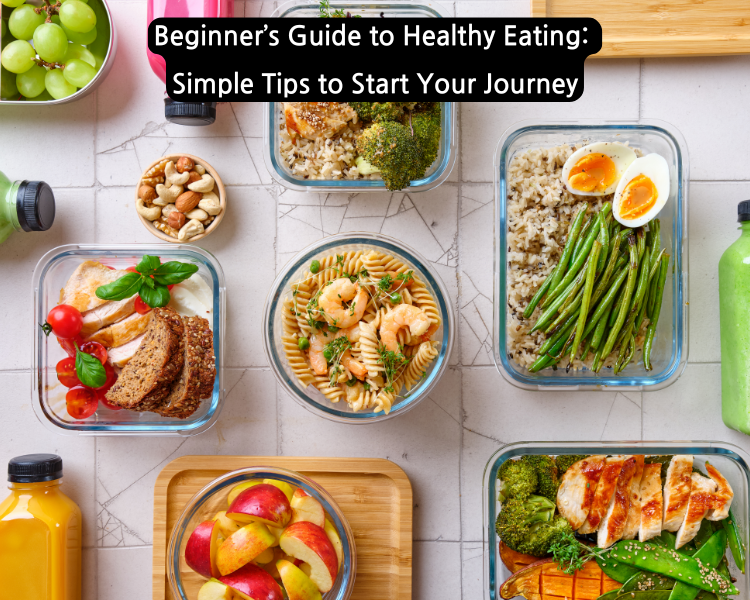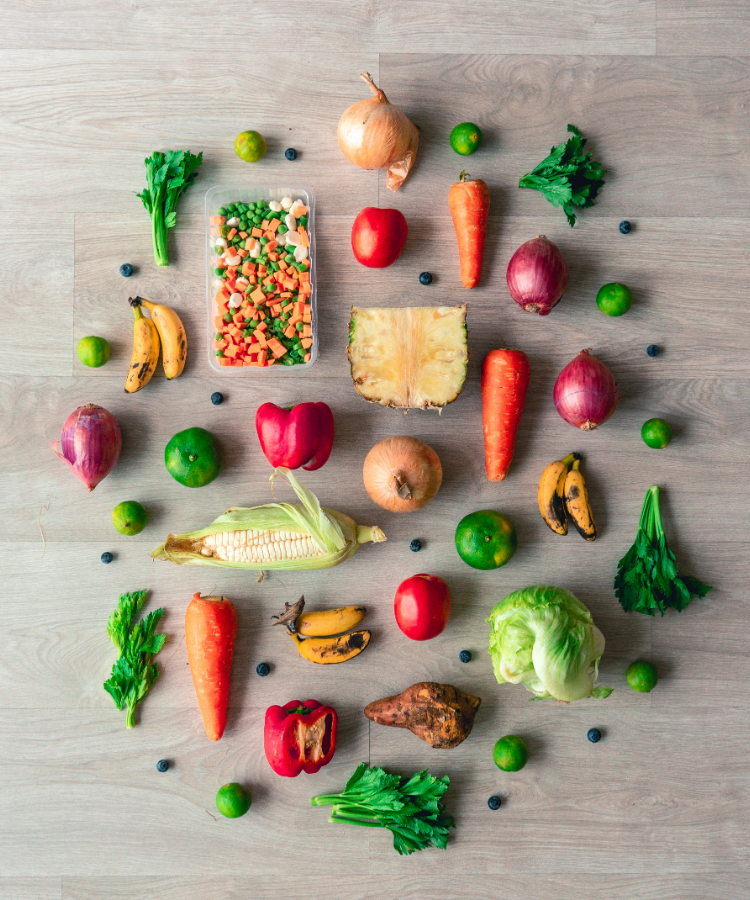

Healthy eating isn’t about strict dietary limitations or depriving yourself of the foods you love. Instead, it’s about nourishing your body with balanced meals that provide the nutrients you need to thrive. A healthy diet includes a variety of whole foods, such as fruits, vegetables, lean proteins, and whole grains, all of which work together to support your overall well-being.
Taking the first step towards healthier eating is often the hardest part. But by starting small, you can gradually build habits that will stick with you for life. Remember, every small change you make is a step closer to better health. So, don’t be afraid to begin with something simple, like adding an extra serving of vegetables to your dinner or swapping sugary snacks for fresh fruit.
Start with Whole Foods: Whole foods are minimally processed and close to their natural form. Think fresh fruits and vegetables, whole grains like quinoa or brown rice, and lean proteins like chicken or fish. These foods are packed with nutrients and are the foundation of a healthy diet.
Incorporate More Fruits and Vegetables: Adding more fruits and veggies to your diet is easier than you might think. Start by including a serving of fruit with your breakfast, and try to fill half your plate with vegetables at lunch and dinner.
Plan Your Meals: Meal planning doesn’t have to be complicated. Begin by planning out your meals for the week, focusing on simple, healthy recipes. This not only helps you make better food choices but also saves time and reduces stress during the week.
Stay Hydrated: Drinking plenty of water is essential for good health. Aim to drink at least eight glasses of water a day, and try to limit sugary drinks like soda and juice. Carry a water bottle with you to help you stay hydrated throughout the day.
Limit Sugar and Processed Foods: Reducing your intake of sugar and processed foods can have a big impact on your health. These foods are often high in calories and low in nutrients. Try to replace sugary snacks with healthier options like nuts, fruits, or yogurt.

Starting a new eating routine can come with its challenges, but with a little preparation and mindset shift, you can overcome them. Here are some common obstacles and tips to tackle them:
Time Constraints: Lack of time is a common barrier to healthy eating. To overcome this, set aside time each week for meal prep. Preparing meals in advance can save time and ensure you have healthy options ready to go.
Cravings: Cravings for unhealthy foods can be tough to resist. Keep healthy snacks on hand, like nuts, seeds, and fruit, to help curb your appetite. Remember, it’s okay to indulge occasionally, but moderation is key.
Budget: Eating healthy can sometimes seem expensive, but it doesn’t have to be. Buy seasonal produce, look for sales, and consider buying in bulk. Planning your meals can also help you make the most of your grocery budget.
Making the transition to healthy eating doesn’t have to be overwhelming. By starting with small, manageable changes, you can build habits that will lead to lasting health benefits. Remember, every step you take towards healthier eating is a positive one.
We’d love to hear from you! What are your favorite healthy eating tips? Share them in the comments below. Don’t forget to subscribe to our blog for more tips and advice on living your healthiest life.